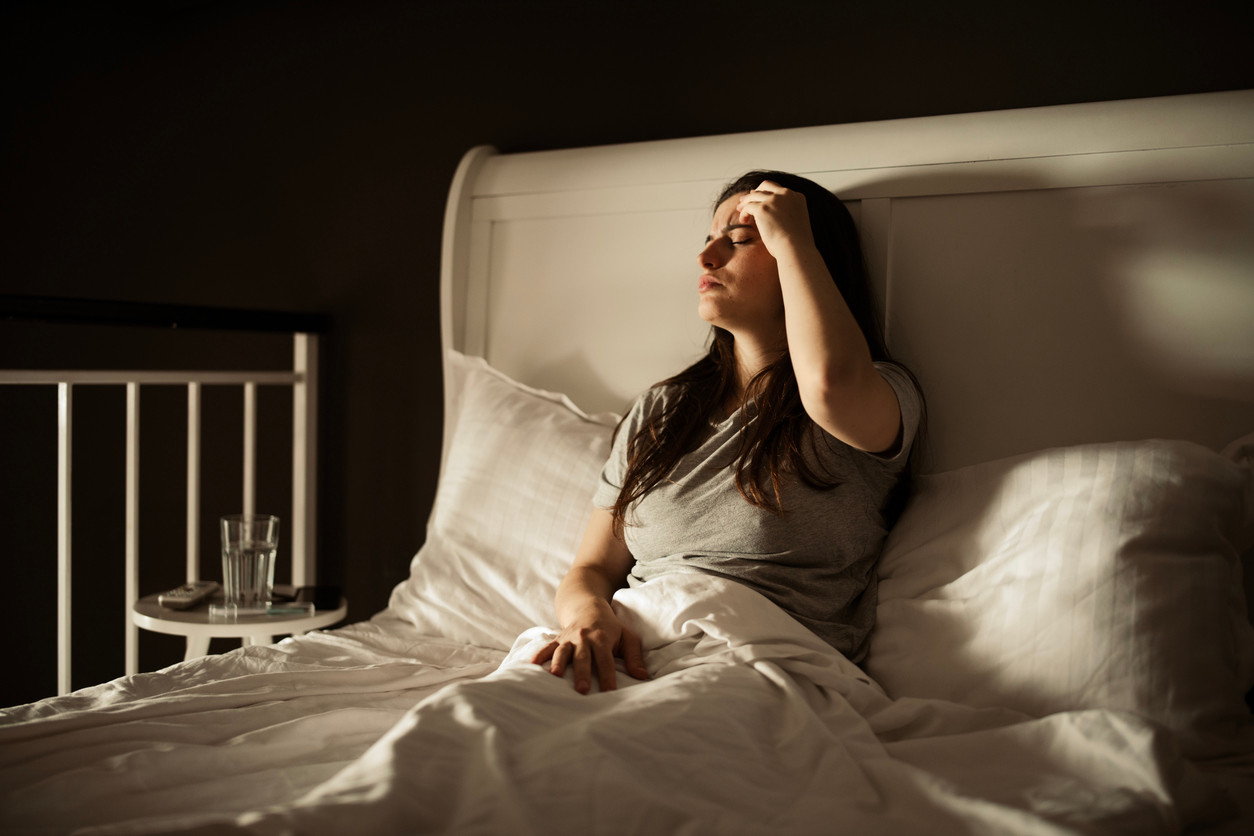Postpartum night sweats: causes and treatments
Waking up drenched after having a baby? Learn what causes postpartum night sweats, how long they last, and tips to stay comfortable as you recover.
$0 costo para usted
Fecha de Publicación: Sep 25, 2025
El índice
Fully Covered Pelvic Care
Find relief from pelvic pain, leakage, muscle weakness, & more.
Check if I'm eligibleSoothing nighttime stretches
Want expert care? Check if you're covered for our free program →- Diaphragmatic breathing
- Child’s pose
- Cat cow
- Knee rocking
- Pelvic tilts
